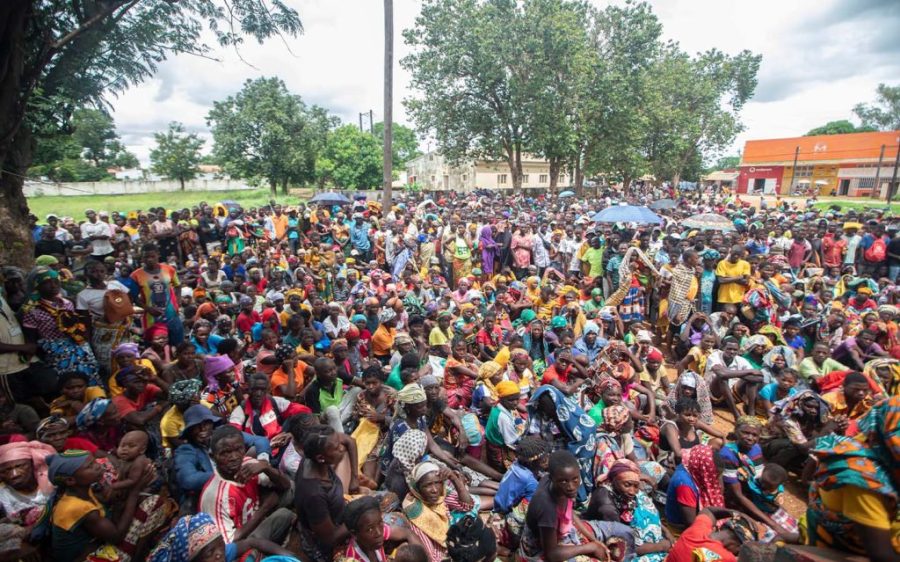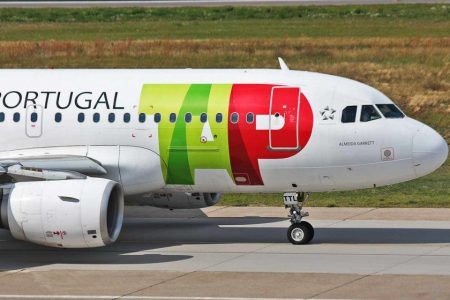A series of deadly attacks in the northern province of Cabo Delgado by IS-linked armed groups has sent tens of thousands fleeing from their homes and threatens to undermine the gains of recent months, the UNHCR says.
Recent attacks by an Islamist insurgent group, known locally as Mashababos or al-Shabaab (not affiliated with the Somali al-Shabaab), have killed at least four civilians in villages of the Chiure district, and 25 Mozambican soldiers in the town of Mucojo, which the Mozambican army had retaken only nine days earlier. Destruction of infrastructure, including homes, churches, schools and health centres in the fighting have also increased pressure on already degraded public services in the region.
More than 70,000 people have fled from the embattled northern districts of Cabo Delgado in the past two months, according to official estimates, with many seeking shelter at government camps in neighbouring Nampula Province.
[See more: Tokyo pledges financial aid to Mozambique in its fight against terrorism]
The insurgency in Cabo Delgado began in 2017 as militant Islamists and jihadists attempting to establish an Islamic state clashed with government forces. Nearly 5,000 people have died in the conflict, including more than 2,000 civilians, and 709,000 remain displaced by the ongoing violence. Massive LNG projects in the region have also been jeopardised by the fighting.
As recently as 17 January, experts expressed cautious optimism regarding the nearly seven-year-long conflict in northern Mozambique. Attacks were down and people were returning to their homes. It seemed to mark a step toward peace, largely credited to the security clampdown implemented by Southern African Development Community (SAMIM) forces and Rwandan troops alongside the Mozambican army, which reduced the number of IS fighters from a peak of 2,500 to roughly 280.
They noted, however, that these deployments were primarily focused on just two districts of the five or six heavily targeted by insurgents, leaving the rest without adequate security. It was necessary, they said, to secure all affected districts to “reach a true level of peace and stability and address the root causes of the conflict.” The recent uptick in violence, along with the planned withdrawal of SAMIM forces by July 2025, leave the situation in Cabo Delgado uncertain.






